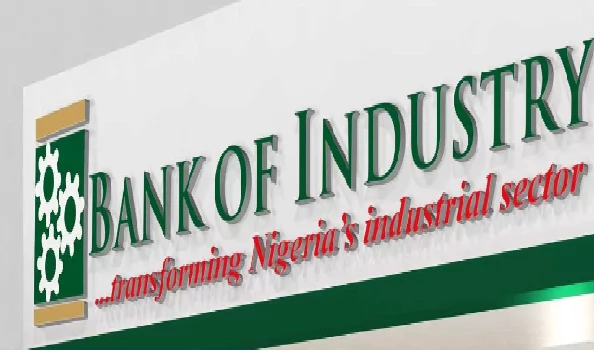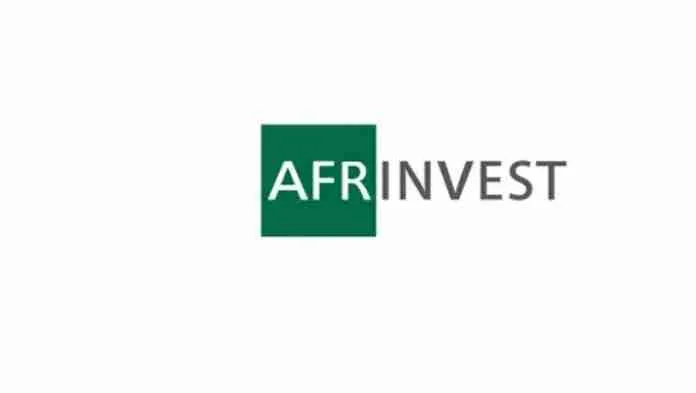The Bank of Industry (BoI) has introduced a mobile application to provide real-time monitoring of food prices across eight states in Nigeria. In an announcement on Thursday, BoI stated that the app, ‘Pricesense.ng,’ also has a web version, allowing users to track wholesale and retail prices of essential food items such as rice, beans, tomatoes, and maize across different states nationwide.
Currently, the app covers Borno, Plateau, Rivers, Oyo, the Federal Capital Territory, Lagos, Enugu, and Kano. The application offers detailed analytics, enabling users to compare food prices based on brand, quantity, and over specific time periods throughout the year.
BoI’s initiative comes in response to the ongoing rise in food prices, with food inflation surpassing 40 per cent in June 2024. The food crisis has been driven by a combination of irregular weather patterns, instability in key food-producing regions, and the rising cost of agricultural inputs, such as fertilizers.
The app aims to support consumers, businesses, and policymakers by providing timely data on market trends, thereby helping them make informed decisions during this challenging period for the nation’s food supply.
According to the National Bureau of Statistics (NBS), Nigeria’s food inflation rate rose to 37.52 per cent year-on-year in August 2024, marking a significant increase of 8.18 percentage points compared to the 29.34 per cent recorded in the same month in 2023. This sharp rise in food inflation highlights the continued pressure on household budgets amid rising food prices across the country.
On a month-on-month basis, food inflation stood at 2.37 per cent in August 2024. Although still elevated, this represents a slight decline of 0.10 percentage points compared to the 2.47 per cent inflation rate recorded in July 2024, offering a minor respite from the persistent upward trend in food prices.
The average annual food inflation rate for the twelve months ending in August 2024 was reported at 36.99 per cent, underscoring a significant year-on-year increase of 11.98 percentage points from the 25.01 per cent average recorded in August 2023.
This data points to sustained inflationary pressures throughout the year, driven by a combination of factors, including supply chain disruptions, irregular weather patterns affecting agricultural output, and increased costs of production inputs such as fertilizers.
The ongoing rise in food prices has become a critical concern for both consumers and policymakers, exacerbating the cost of living crisis in the country.
The NBS figures serve as a reminder of the urgent need for targeted interventions to stabilize food production and improve affordability for households already facing economic challenges.
The continued increase in food inflation underscores the importance of addressing the underlying causes of price hikes, such as insecurity in key agricultural regions, climate variability, and the rising cost of agricultural inputs.
These issues remain key drivers of the inflationary trend, and without significant reforms, food prices are likely to continue placing a strain on Nigerian households.












